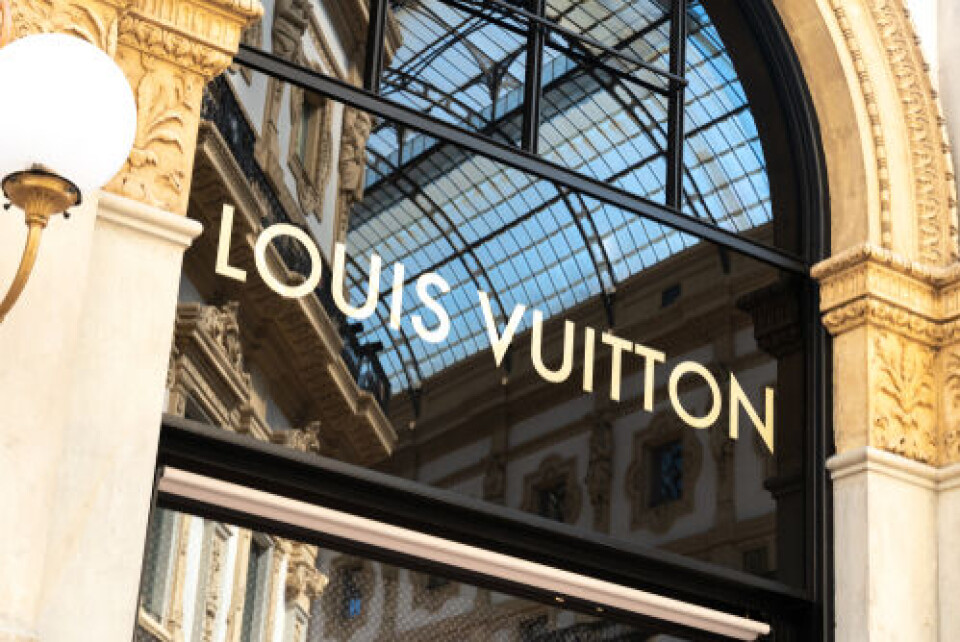-
Property vs capital investments in France – which is better?
There are pros and cons to both ways of making your money work
-
Foreign investors still prefer France to UK or Germany, study finds
An annual barometer shows that France is leading in many sectors - however, it hides a more nuanced picture, which shows that the UK is recovering from Brexit
-
Must I declare dividends that are reinvested outside of France?
Investment types and their rules can vary between the UK and France
Investments in France: Why looking beyond your national index pays off
Partner article: Robert Kent of Kentingtons explains why there is more chance of backing a winner with diverse portfolio

As human beings, we are naturally attracted to things we find familiar. Accepting change can be more complicated.
This holds true for investments too.
For example, someone born and bred in the UK is more likely to invest in British companies, and it follows that a French national is more likely to invest in French companies.
Very often, be it directly or indirectly via a fund, people will invest in the biggest (and thus arguably the best) companies, as represented in national stock indexes.
What people may not realise, however, is that investing in this way means a portfolio is unlikely to be diversified enough.
Individual countries tend to specialise
This is because individual countries tend to specialise, economically, in one or two specific sectors.
To illustrate my point, let us look at some examples.
I am sure that most readers will be familiar with the FTSE 100, a stock index of the leading hundred UK companies.
Lesser known, though, is that energy and financial companies represent around 35% of the index, whereas the technology sector counts for next to nothing.
In France, the leading stock market index, comprising 40 companies, is called the CAC 40.
France is a global leader in the luxury goods sector, which therefore holds notable sway within the CAC.
The heavyweight is LVMH, which is actually Europe’s most highly valued company.
Quite apart from Moët, Hennessy and Louis Vuitton, LVMH also owns numerous household name brands such as Dior, Tiffany, Givenchy, Kenzo, TAG Heuer and Dom Pérignon champagne.
When we factor in that the CAC is also home to brands such as Hermes, Gucci and l’Oréal, we readily accept that France really does boast the who’s who of luxury brands which, combined, represent approximately 35% of the CAC 40.
In Germany, we see the same sort of thing with automobiles, thanks to Daimler, BMW, Volkswagen, Porsche, Continental and Mercedes-Benz.
Finally, of course, we have to mention the United States, ‘home’ to technology giants including Amazon, Apple, Google and Microsoft, to name but the best-known.
So, what is the main takeaway from all this?
Invest in different countries to be truly diverse
Well, as investors we are always told to diversify, but if you only invest in your national index, I would argue that you are not diversified enough.
Moreover, is it logical that the French, as a whole, are effectively making the bet that luxury brands will outperform other companies?
I would go further and state that investing only in Europe would still lead to insufficient diversification.
The US, for instance, has for decades been a major driver of global growth, most recently thanks to the dynamism and dominance of its tech titans.
Why should an investor more heavily favour one country as opposed to another, or one continent versus another, simply based on where they were born?
And what happens if, for example, they move from the UK to France?
Clearly, it makes much more sense to have a balanced global portfolio that will work perfectly for you whether you live in France, the UK, or anywhere else in the world for that matter.
The assurance vie
In France, the most common tax-efficient ‘wrapper’ for long-term saving and investing is an assurance vie.
And the good news is that it is perfectly possible to hold a low-cost portfolio of global stocks and bonds within an assurance vie.
This means spreading risk over thousands of different companies and governments (in the case of bonds) around the globe.
This level of diversification significantly reduces the risk of underperformance by a specific sector, or country.
And it notably increases our chances of participating in the next driver of the world economy. While we cannot say for sure where future growth will come from, a truly diversified portfolio should mean we benefit nonetheless..
Related articles
Currency planning for life in France avoids being a hostage to markets
Why independent savings advice can help avoid hidden fees in France
Exchange rates and moving currency: 'Stop playing and start planning'
























